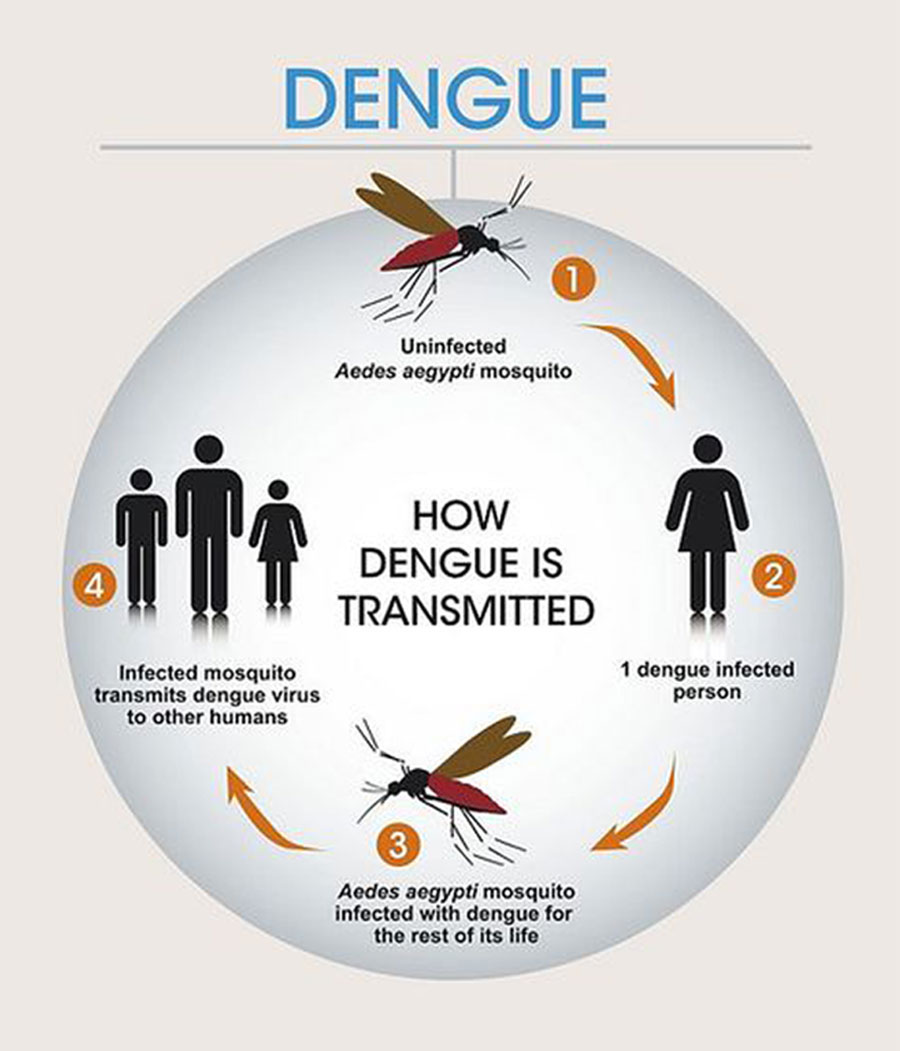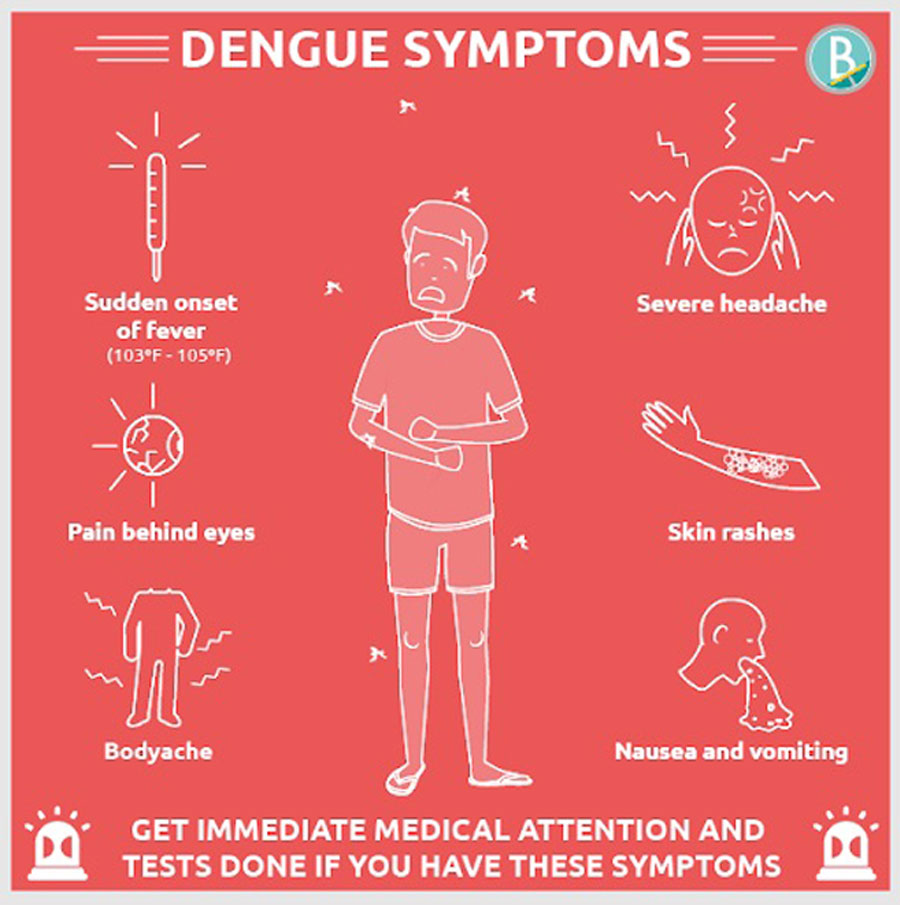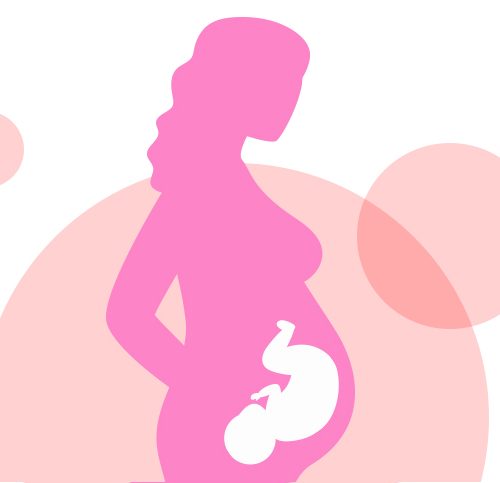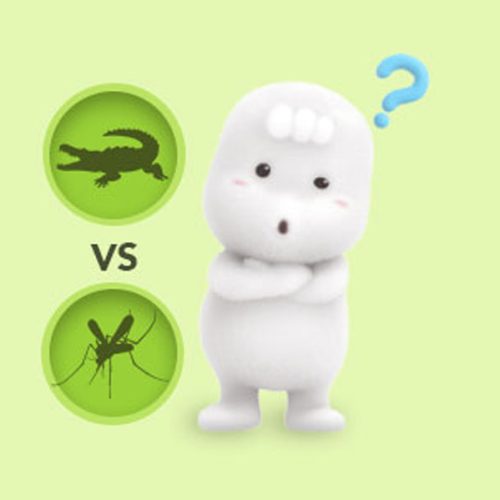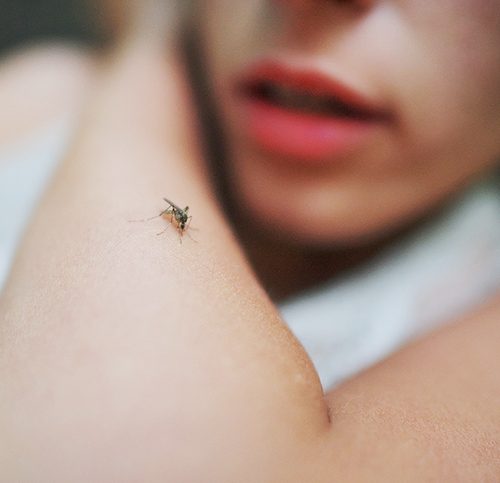Some of the general symptoms for dengue are:
- A sudden, high fever
- Severe headaches
- Pain behind the eyes
- Severe joint and muscle pain
- Fatigue
- Nausea
- Vomiting
- Skin rashes, which typically appear two to five days after the onset of fever
- Mild bleeding (from the nose and gums)
- Easy bruising
With regards to dengue symptoms in infants and toddlers, the symptoms usually begin with:
- A high fever
- A runny nose
- Cough
- Red and white patchy skin rashes
Children may also exhibit other symptoms such as:
- Pain behind the eyes and in the joints
- Headaches and backaches
- Loss of appetite
- Nausea and vomiting
- Itchiness on the soles of the feet
COVID-19
Based on data collected by China and the United States of America, it is suggested that the risk of severe illness is lower in children who have tested positive for COVID-19 than it is in adults.
Although the data suggests a lower risk of severe illness in children, children with underlying health conditions such as weak immune systems, heart or respiratory diseases are more susceptible to the virus.
As such, parents must still remain vigilant in spotting symptoms of the virus in their children. The most common symptoms experienced by children with COVID-19 are:
- Fever
- Flu-like symptoms such as coughs and shortness of breath
- Respiratory tract symptoms such as runny noses and sore throats
- Vomiting, diarrhea and nausea
- Changes in and potential loss of smell
- Headaches
- Muscle pains
- Behavioural changes resulting in moodiness and anxiety
Severe Cases
Dengue
When dengue fever goes unnoticed and untreated, it can lead to fatal consequences.
Severe complications such as dengue hemorrhagic fever could arise, causing high fevers, damage to the lymph nodes and blood vessels. Dengue hemorrhagic fevers can also cause bleeding from the nose and gums, liver enlargement and circulatory system failure.
These symptoms may progress, leading to massive bleeding, shock and eventually, death. This group of symptoms is commonly categorised as dengue shock syndrome.
COVID-19
For severe cases of COVID-19, patients typically experience chest discomfort, difficulty breathing, shortness of breath, confusion, unresponsiveness, watery and swollen eyes, bluish lips and complexion, as well as difficulty in staying awake.
Severe cases of COVID-19 can also result in pneumonia and scarring of the lungs.
What to Do
Knowing the symptoms is one thing but most of us wouldn’t know what to do next. Some common questions would be:
- Should I bring my child to the clinic for initial diagnosis first?
- Should we head straight to the hospital?
- What will they do to my baby?
We’re here to answer those questions.
If you suspect that your child might be suffering from dengue fever, contact your doctor immediately. If you are unable to get to a doctor right away, control your child’s fever and ensure that your child stays hydrated in the meantime. Upon reaching a doctor for a checkup, the doctor will examine your child and assess the symptoms exhibited. The doctor will also have to conduct a blood test for more conclusive results.
If your child is showing symptoms similar to those caused by the COVID-19 virus, contact your doctor to find out where you would be able to get your child tested. In the meantime, everyone in the household should be self-quarantined, until testing is done and a negative result is produced.
Conclusion
As dengue and COVID-19 both pose a serious threat to our children’s health, it is imperative that we parents play our part in protecting our children. By remaining cautious and taking the necessary precautions, we can better shield our children from these invisible dangers.
Sources
https://www.cdc.gov/dengue/is-it-dengue-or-covid.html
https://www.worldmosquitoprogram.org/en/news-stories/media-releases/dengue-outbreaks-more-likely-because-covid-19
https://sea.mashable.com/science/11552/heres-how-you-can-tell-the-difference-between-coronavirus-and-dengue
https://unb.com.bd/category/Lifestyle/dengue-vs-covid-19-which-is-more-lethal/46789
https://www.thehealthsite.com/news/covid-19-and-dengue-fever-know-the-difference-743551/
https://www.webmd.com/a-to-z-guides/qa/who-is-at-greater-risk-for-developing-dengue-hemorrhagic-fever
https://www.babycenter.com.my/a1021718/dengue-in-children

